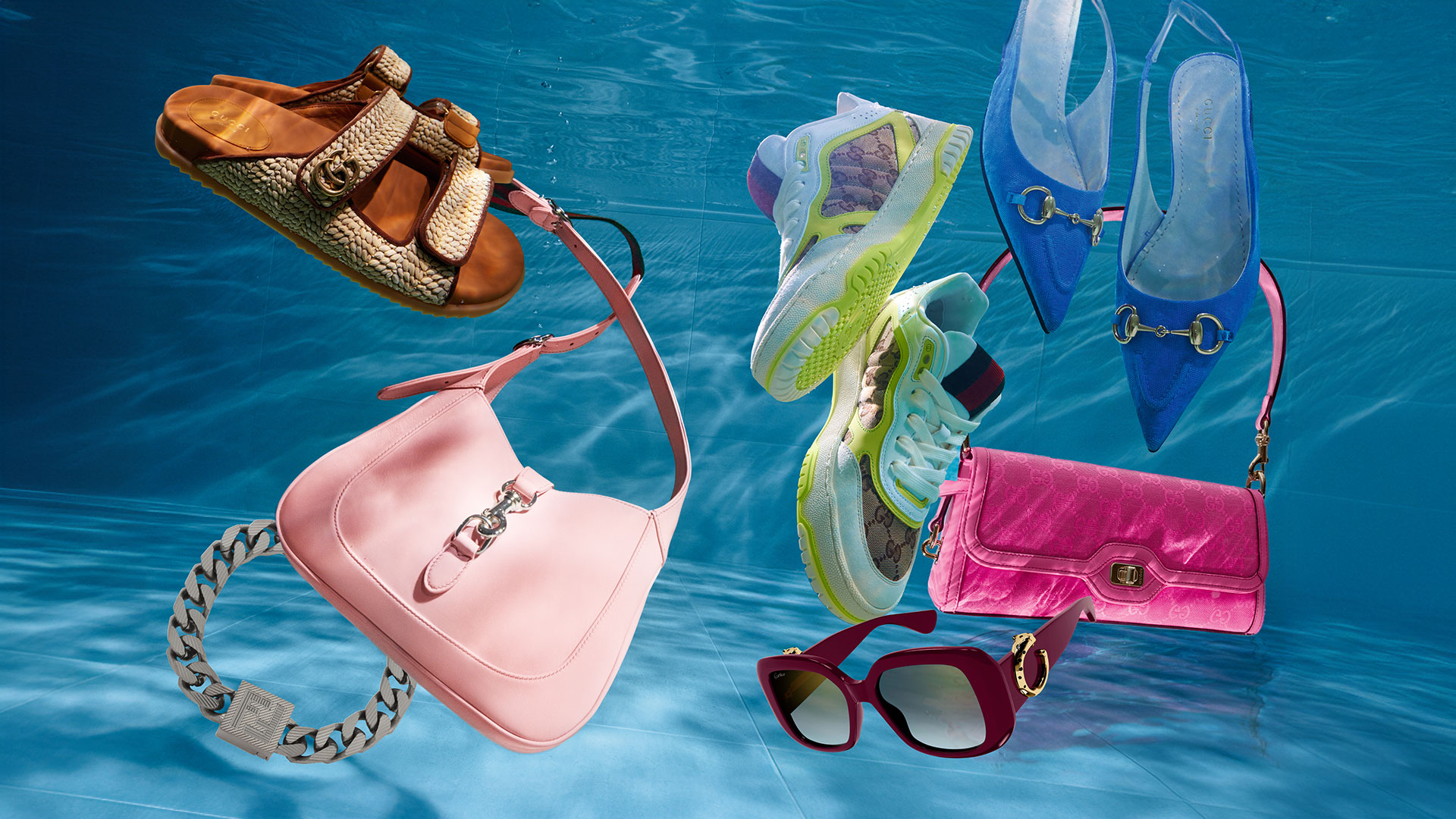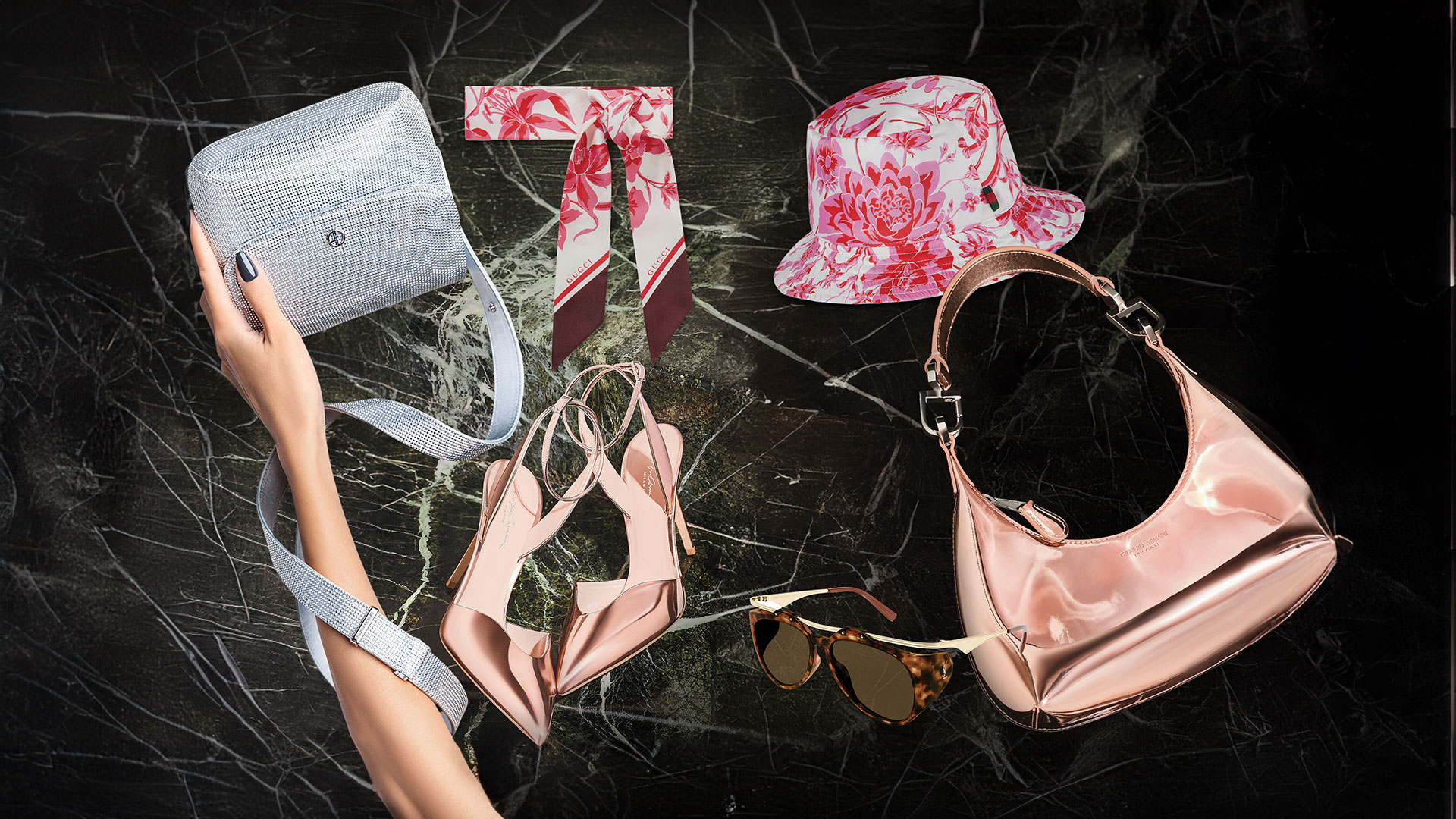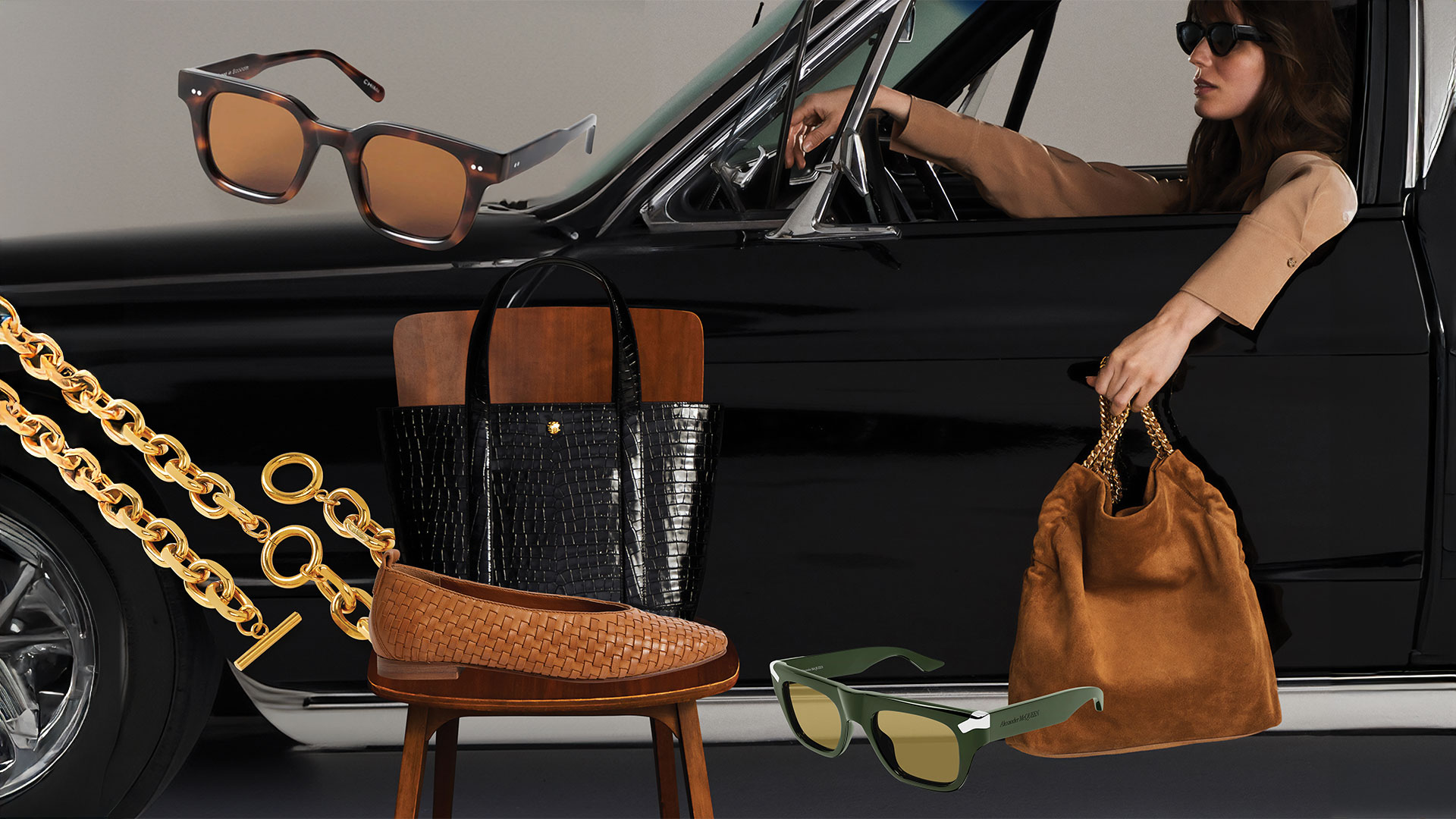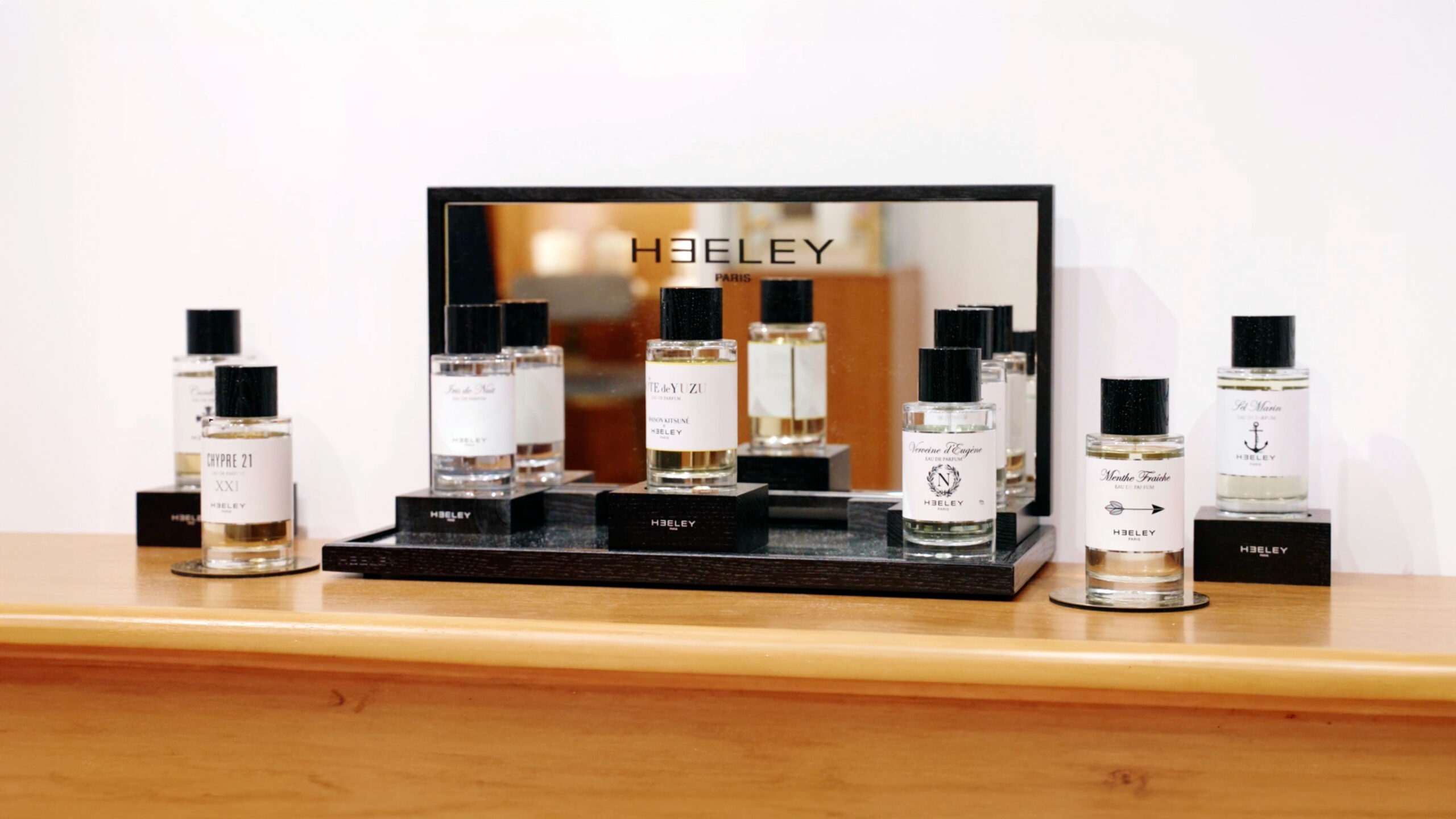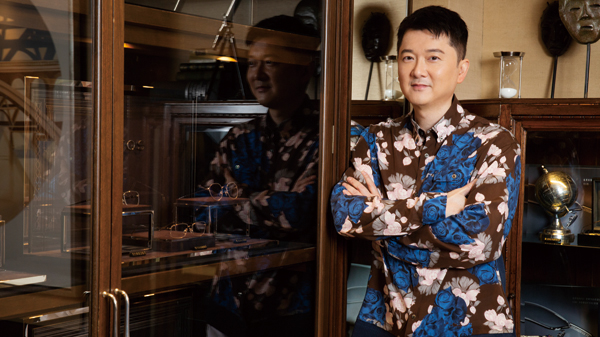
Far Sighted: Jeffery Yau, visionary founder of Puyi Optical, celebrates the brand’s 20th anniversary
Over two decades, Jeffery Yau has successfully steered two distinct luxury retail businesses – eyewear and watches. The master multitasker and gleeful shopper speaks of his bifocal worldview, and why his customers always come first.
What are some of your most vivid childhood memories?
I come from a big family, especially on my mother’s side, which boasts more than 80-90 members, so I have more cousins than I can count. Some of my fondest memories growing up are of weekends spent with them at my grandfather’s house. It was great fun and I was never lonely. My family ran a watch and jewellery business, so I spent a lot of time in my parents’ shop tinkering with things and seeing how retail worked.
Those were seminal moments for me, and instilled a passion for the horological arts. I remember when I was in high school, I’d save up my pocket money to buy watches like Swatch and Casio – I actually managed to collect a few hundred pieces. I never thought I’d eventually turn this passion into a career, though…
Where were you educated, and what were your aspirations at that time?
I studied at DBS [Diocesan Boys’ School] until Form 4 before moving to Sydney to complete my high-school education. I then enrolled at Washington University in St. Louis for my college years in the US. I was fortunate enough to meet my now-wife while I was home for summer break after my first year, and she joined me over there as well.
At the time, I knew I wanted to major in business, but I had no clue what I’d do once I graduated. I eventually returned to Hong Kong and got a job at an advertising agency. It was really fun. I was working in the account servicing department, and learnt much of my marketing sense and social skills from the single year I spent with them. Then I joined my father at the family company, but when he decided to close up the shop after a couple of years, I chose to start something of my own.
What led you to found Europe Watch Company?
Well, as I mentioned, my family has been in the watch and jewellery business for many years, so I was fortunate to have the opportunity to learn about this industry from a very young age and foster a passion for the sector myself. As a man, my preference was watches over jewellery, so when I had the chance to open my first shop in Tsim Sha Tsui East in 1997 with the support of my family. I chose to specialise in watches and optical products. Initially, it was dubbed the Europe Watch and Optical Company.
The timing was pretty bad though, as that year also heralded the Asian financial crisis. I opened the shop in October 1997, and the first few years were challenging, to say the least. In terms of selling watches and optical products, I believe the approach is pretty similar – the most important thing is to build a customer base, which takes time. Looking back, I was youthfully optimistic and didn’t realise how many obstacles I would face to make it a success. In particular, I thought selling watches alongside optical goods made sense; however, I found that having this dual approach meant that we were perhaps not as professionally focused as other companies.
So, once we started becoming financially stable, in 2001, I decided to split the company into two businesses – Europe Watch Company that sold watches, and the newly-minted Puyi Optical, which specialised solely in optical products. Ultimately, it was a sound business decision, and I enjoy being able to switch between the two luxury-focused entities.
Can you tell us more about Puyi Optical and what falls under its purview?
Since the beginning, I’ve positioned Puyi as a high-end optical brand that sells only the most luxurious eyewear. The brand focuses on a combination of fashion and lifestyle, design and craftsmanship, and also vision care and optometry. It’s definitely not easy to have such a broad, holistic approach, but it’s what makes our brand unique. We believe that customers are the most important part of the business, and you always have to please them and create the best experience for them in order to find success.
We started with one shop and today we have a presence in 86 stores across 23 cities including Hong Kong, Beijing, Shanghai and Taipei. This year is our 20th anniversary, and it’s been a long journey, a lot of blood, sweat and tears, and I’ve been fortunate to have a great team supporting Puyi. Today, we have 1,100 staff across the group, and we even have an in-house training school – which we call Puyi Academy – offering lessons on product knowledge, sales and communication skills, as well as technological know-how. This results in staff that are not only professionally skilled, but can also deliver the highest level of service.
For me, the most important aspect of the business is our customers, what they think, how they feel, what they want, and so forth. This kind of feedback is critical to help us maintain and expand our brand. I personally read any comments that we receive. If we claim we are a luxury brand, we have to be perfect in every aspect, be it customer service, product range or eye examinations.
Do you have any exciting projects on the horizon?
Yes, plenty! Even though the overall economy is still in recovery, we’re celebrating Puyi Optical’s 20th anniversary, which is a big milestone. So, we’ve many plans in the months to come, including collaborations with our partner brands, such as Gentle Monster, Chrome Hearts and Gucci, that have been in the works for two years. It’s our pleasure to offer crossover designs to our loyal customers – and a few designs have already sold out.
The business has also been expanding, and we still have six or seven shops slated to open later this year, mainly in China, where the market has matured significantly. Hopefully, we will cover more Asian cities in the future as well. Actually, my dream is to have Puyi Optical stores around the globe.
As a successful business leader of not one but two companies, in your opinion what are the keys to success?
First and foremost, you have to like what you’re doing. Actually, ‘like’ isn’t strong enough. You have to be passionate, almost obsessive, about it. I spend six days a week in the office, and even in my down time I’m constantly pondering and tinkering with different work issues in my head.
Next, communication is critically important. Whether it’s dealing with staff or speaking with international fashion houses or optical brands, being able to build strong partnerships and trust is key for long-term growth. Also, retail is all about the details, so you have to be able to manage many things simultaneously. Multitasking is my daily work – in a sense, it’s almost a skill – and it’s something that allows me a greater understanding of the big picture, which in turn helps guide each company.
Finally, you have to learn to be flexible and resilient. Take the past two years, for example, when the world has struggled with the ongoing Covid-19 pandemic. When you’re dealing with this kind of crisis, you need to be able to take a step back, downsize, reduce spending and come up with creative and effective solutions that can tide you through the difficult times.
Between your many responsibilities, how do you spend your down time?
Honestly, I don’t really have time for hobbies as such. As I mentioned, I’m pretty much in the office six days a week. During my down time, though, I try to spend as much time as possible with my family and my parents. Normally, my 21-year-old son and 18-year-old daughter would be studying in the US, so the best thing to come out of the pandemic is the surge in family time it’s afforded us.
Finally, do you have any guilty pleasures?
Normally, guys don’t like shopping but I absolutely love it, perhaps because I’m in the retail industry myself. Now, with online shopping, it’s even more dangerous! I enjoy spending money because it’s a means of enjoying success, and I have a history of buying things I can barely afford. For instance, when I was 29, I bought my first car, a second-hand Ferrari. I had to pay by instalments, but the feeling of accomplishment I got from being able to do so, using money I had earned myself, was exhilarating.
It’s still something that I find rewarding today. In fact, as a music aficionado and amateur guitar player, I’ve also become something of a guitar collector, and I have about 60 pieces from all over the world. Some of them aren’t that expensive, but others are collectibles, and I’m very proud of these.
Thank you.
Interview by: Tenzing Thondup
Photos: Jack Law
Videographer: Kingsley Lau
Art Direction & Styling: Jhoshwa Ledesma










